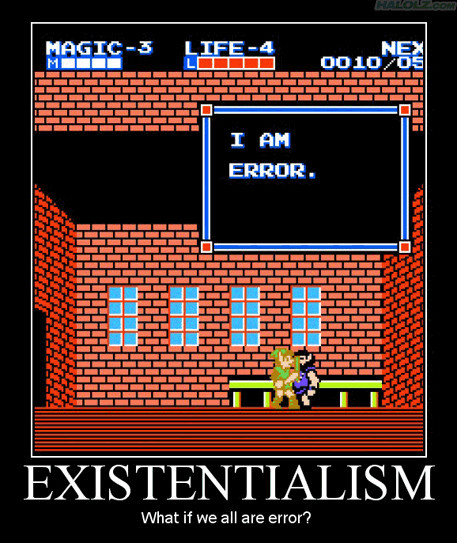We seem to have lost the old Thought Provoking (TM) mind expansion thread, so here’s a replacement.
.
Astrology:
.
https://www.theguardian.com/lifeandstyle/2019/nov/06/i-was-an-astrologer-how-it-works-psychics
.
Before you scoff, there are some interesting insights in the article that you don’t have to be a believer to appreciate. Here’s a couple of extracts that made me wonder:
.
I’d understood organised religion to be something between an embarrassment and an evil. Yet as Aids did its dreadful work – this was the 1990s – I watched nuns offer compassionate care to the dying. Christian volunteers checked on derelict men with vomit down their clothes. I became uncomfortably aware that New Agers do not build hospitals or feed alcoholics – they buy self-actualisation at the cash register.
.
I also learned that intelligence and education do not protect against superstition. Many customers were stockbrokers, advertising executives or politicians, dealing with issues whose outcomes couldn’t be controlled. It’s uncertainty that drives people into woo, not stupidity, so I’m not surprised millennials are into astrology. They grew up with Harry Potter and graduated into a precarious economy, making them the ideal customers.
.
Some repeat customers claimed I’d made very specific predictions, of a kind I never made. It dawned on me that my readings were a co-creation – I would weave a story and, later, the customer’s memory would add new elements. I got to test this theory after a friend raved about a reading she’d had, full of astonishingly accurate predictions. She had a tape of the session, so I asked her to play it.
The clairvoyant had said none of the things my friend claimed. Not a single one. My friend’s imagination had done all the work.
.
And my favourite:
.
I can still make the odd forecast, though. Here’s one: the venture capital pouring into astrology apps will create a fortune telling system that works, because humans are predictable. As people follow the advice, the apps’ predictive powers will increase, creating an ever-tighter electronic leash. But they’ll be hugely popular – because if you sprinkle magic on top, you can sell people anything.







